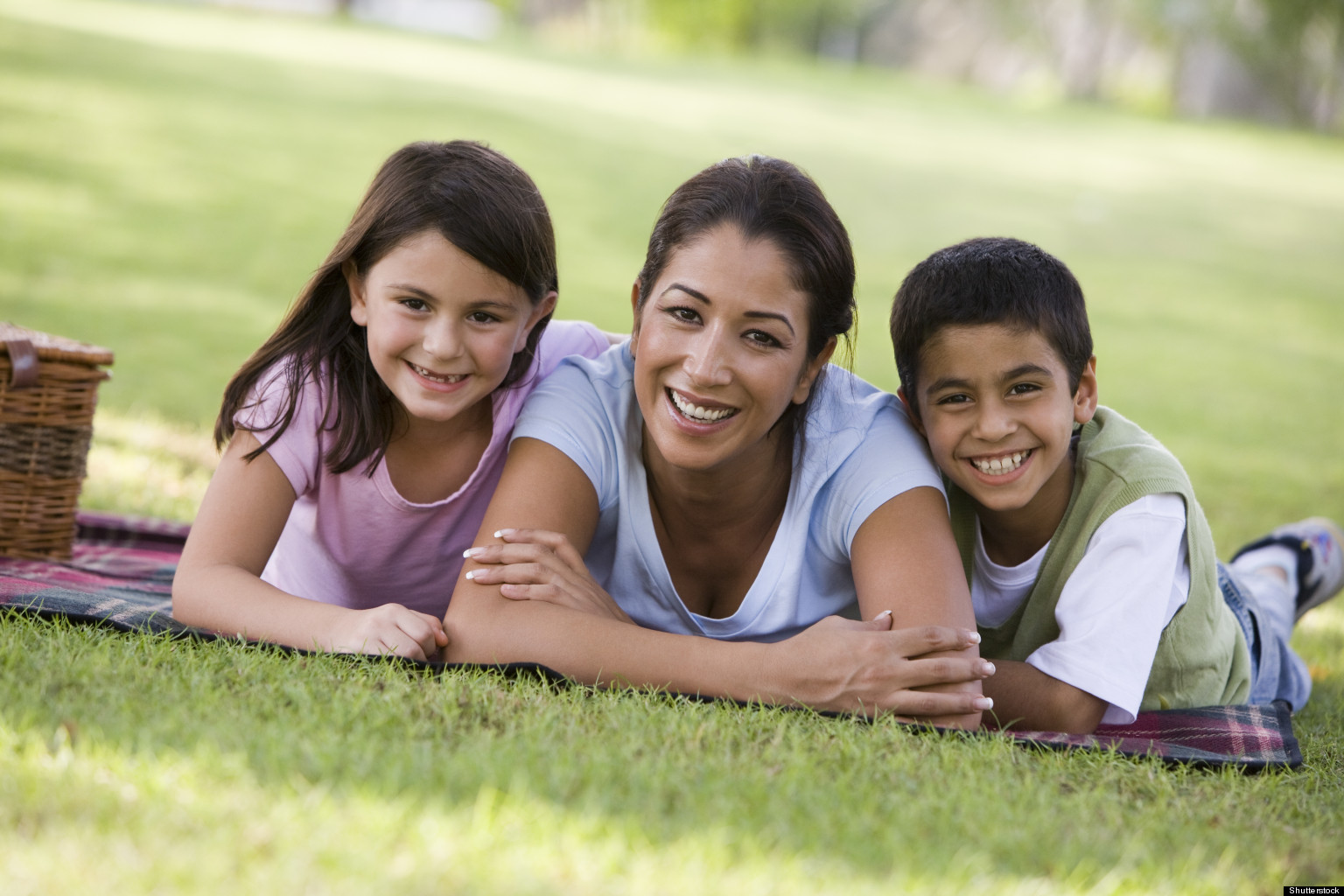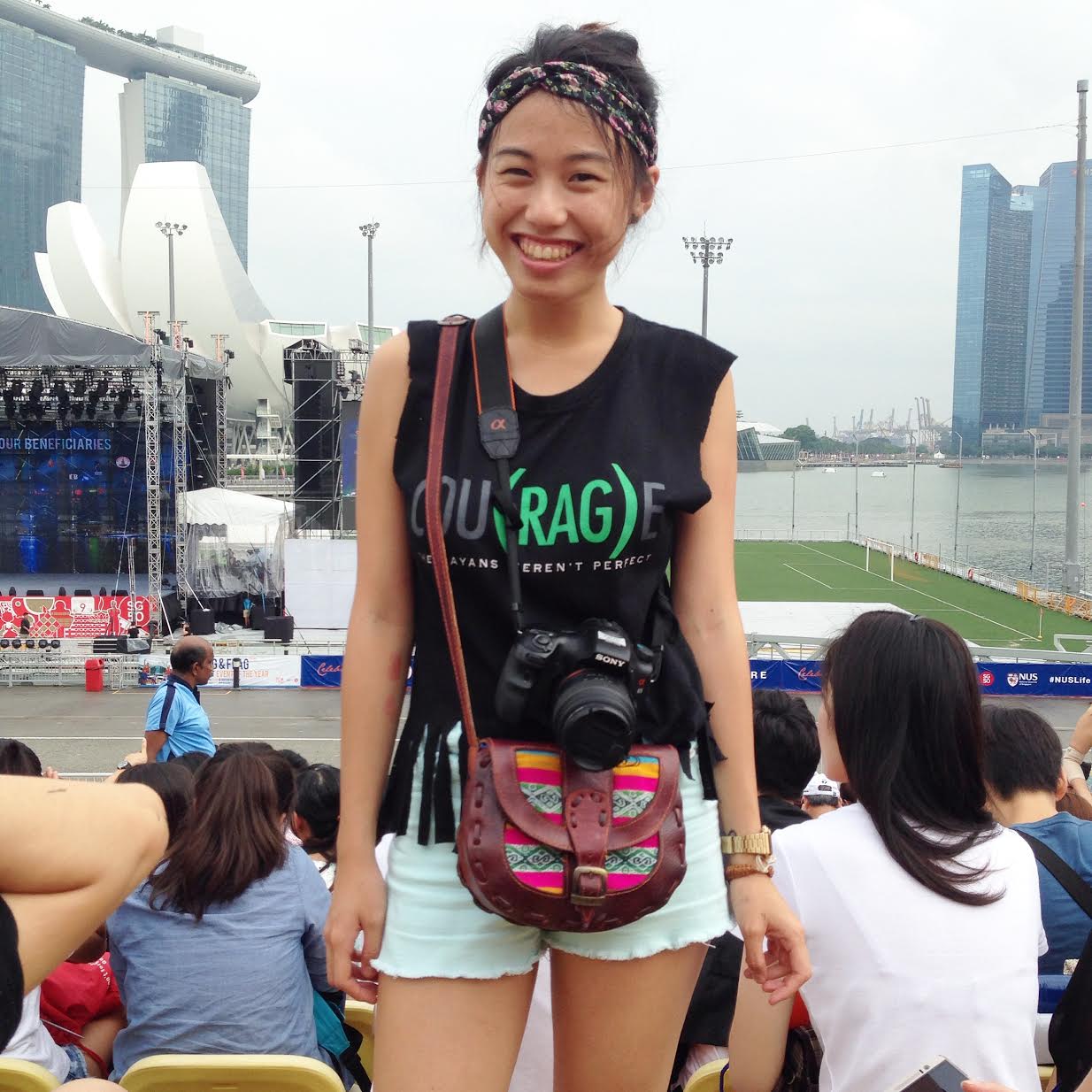Written by Estelle Ng, Change Maker
 In a commentary written by local journalist Kirsten Han, she observed that even though we live in a society whereby in situations where domestic violence and familial abuse occur, some of us are more concerned about “how a family is defined” rather than the “actual hurt that a person is suffering”. What does she mean by this?
In a commentary written by local journalist Kirsten Han, she observed that even though we live in a society whereby in situations where domestic violence and familial abuse occur, some of us are more concerned about “how a family is defined” rather than the “actual hurt that a person is suffering”. What does she mean by this?
In the eyes of the state, its institutions and “mainstream society”, a nuclear family is defined as one that comprises a father, a mother, one or more children, preferably living with grandparents. Each parent has an assigned role based on gender stereotypes about the responsibilities of man and woman: women are compelled to be primarily responsible for child-rearing due to their supposed “nurturing nature” while men are responsible for providing for the family by bringing home the bacon.
The implications of such gender stereotypes are that more often than not, women have to bear the brunt of preserving the familial unit especially in terms of bringing up the children, whether they are married or single.
Returning to the statement by Kirsten, she means that in this pro-family country, help and protection are selectively given to deserving families, families who fit into the prescribed, “normal” arrangement.
One of the most obvious ways of defining family in this country is to define the types of relationships that are deserving enough for stable housing and for building a household.
When a single mother wants to buy a HDB flat, she cannot apply for a BTO flat nor can she apply for a three-room flat because she does not have a legal spouse. For mothers who had sacrificed their careers to become stay-home-mothers and had solely relied on their ex-husbands/partners as sole breadwinners, the struggle to build a new home as a single mother is a gruelling one. And she does not get the support she needs just because her familial relationship does not fall into the prescribed ideal.
It is high time we realise that reality is less straightforward than this ideal.
Let’s talk about single mothers and their families.
Mothers
In the society we live in, parenthood is hierarchically organised according to gender and marital status, and we see this in policies such as the differentiated parental leaves. By codifying such sentiments, we seem to take for granted that all parents, regardless of gender, sexuality and marital status are parents too. From changing diapers, feeding the family, to providing guidance by inculcating values and skills to children, the list of direct and indirect childrearing and family maintenance goes on.
There are many reasons why some mothers choose to be or end up as single mothers. Apart from the preconceived stereotype that all single mothers are single because they engage in unprotected pre-marital sex, single motherhood can be a reality as a result of a divorce, a death of a spouse, or even a choice to not get married but still want to be a mother. It is definitely time to recognise and acknowledge that there is a variety of motherhood experiences – one that knows no boundaries and one that accepts all mothers as mothers, all parents as parents in their own right.
Children
 I remember a friend in her late forties commenting:
I remember a friend in her late forties commenting:
“Being a daughter of a single mother, I am sensitive to topics about the injustices that single parents face because I have personal experience of that. However, we must not forget about the experiences of their children too.”
Currently, children of single mothers are considered illegitimate because they are so defined by Chapter 162 Legitimacy Act of our legislation. Our legislation has far-reaching consequences, and they include the prospect of single mothers investing at least $3000 on adopting their own child to make him/her legitimate. Yet, there is no guarantee that adoption of their biological child will be successful. Not only does the label of illegitimacy serve to fuel the existing stigma that single mother families face, the experiences of children from single mother families are invalidated and silenced.
In sum, the issue of single mothers does not only affect mothers themselves but has impacts on their children. Acknowledging the presence and validity of single motherhood does not and will not breed a society of single mothers because whether a mother decides to get a marriage certificate or leave the marriage is a personal choice to begin with. No one should be punished for wanting to have children or starting a family without always being legally married to someone else.
When we say we want to build a caring, gracious and inclusive society, we can start by acknowledging every person’s right to make a personal choice and accept that there will be a plurality of parenting, parenthood and motherhood in Singapore.
“Women are raising the next generation of children. These women are expected to be strong as well in order not to transfer the angst to their children. If they do not get support from society at large, it’s going to affect the next generation.” – J, single mother since 2009
 About the Author: Living by the motto permanent impermanence, Estelle realises that with every moment never capable of repeating itself, life is simply too short to be spent waiting for things to happen. She is currently a Sociology undergraduate who believes that the power of words and the arts can inspire conversations.
About the Author: Living by the motto permanent impermanence, Estelle realises that with every moment never capable of repeating itself, life is simply too short to be spent waiting for things to happen. She is currently a Sociology undergraduate who believes that the power of words and the arts can inspire conversations.